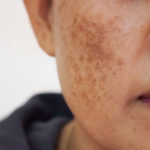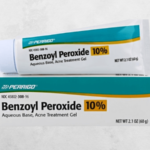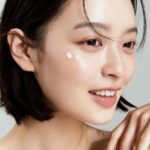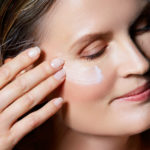Retinol is an anti-aging ingredient that provides many amazing benefits. It helps stimulate collagen production, fade dark spots, and even out skin tone. However, one downside of retinol is that it can easily irritate the skin, especially for those with sensitive skin.
Currently, there are other active ingredients available as alternatives to retinol for anti-aging purposes.
Peptides
Peptides are amino acid chains that play a role in building proteins in the skin. Using peptides helps enhance collagen production, firm the skin, reduce wrinkles, and improve skin elasticity.
Peptides easily penetrate the skin and are suitable for all skin types. Even pregnant women can use products containing peptides.
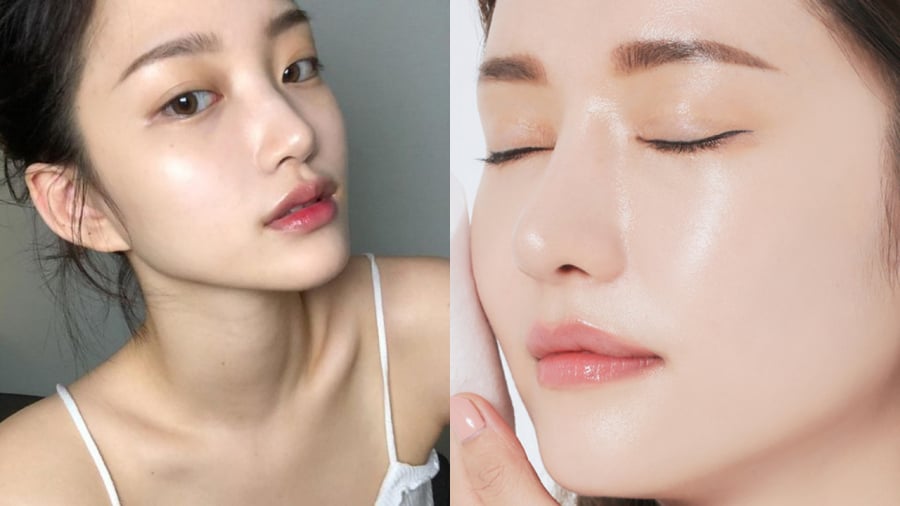
Retinal
Retinal (retinaldehyde) is one of the alternatives to retinol. It is also a derivative of vitamin A, stronger than retinol but less irritating than tretinoin and other retinoids, making it more suitable for sensitive skin.
Compared to retinol, retinal only requires one step to convert to retinoic acid – a compound that has anti-aging effects on the skin.
Those who have used retinol without satisfactory results can switch to using retinal. Or those who want to switch to a stronger anti-aging ingredient that is less irritating than tretinoin can choose retinal.
Retinal regulates the skin cell renewal process, promotes collagen production in the skin, prevents clogged pores, and improves skin tone.
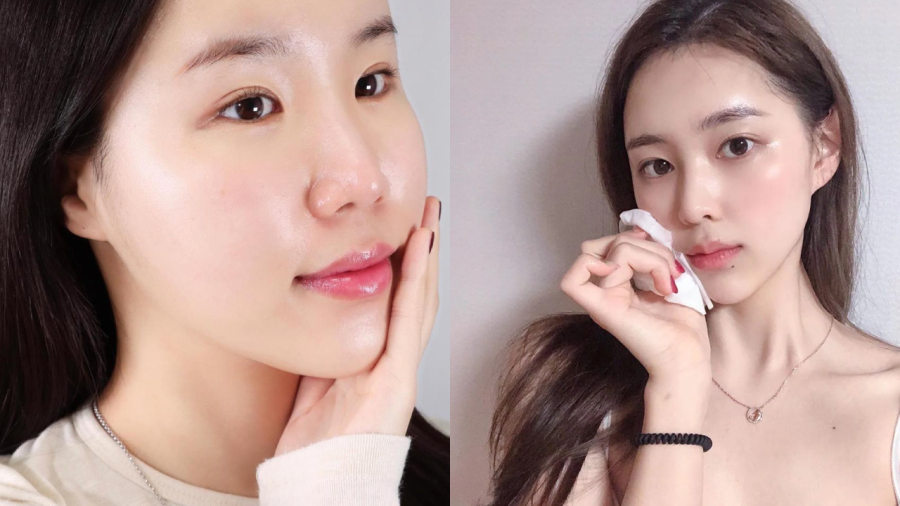
Bakuchiol
This is a plant-derived alternative to retinol. It stimulates skin cell regeneration, evens out skin tone, and reduces wrinkles. It is easier for sensitive skin to adapt to bakuchiol.
Bakuchiol is a compound found in the leaves and seeds of the Psoralea Corylifolia plant. This plant originates from India and is also an ingredient used in traditional Chinese medicine.
Bakuchiol has strong antioxidant properties, soothes the skin, and prevents the formation of wrinkles.
Azelaic acid
This ingredient doesn’t have the same anti-aging mechanism as retinol, but it is an excellent ingredient for people who want to reduce acne, improve skin pigmentation, and even out skin tone. Azelaic acid can treat redness, large pores, and clogged pores. It also gently exfoliates dead skin cells. Pregnant women can also use azelaic acid.
Naturally, azelaic acid is found in grains such as wheat, rye, and barley. It has antibacterial and anti-inflammatory properties, helping to reduce acne and inflammation.
























